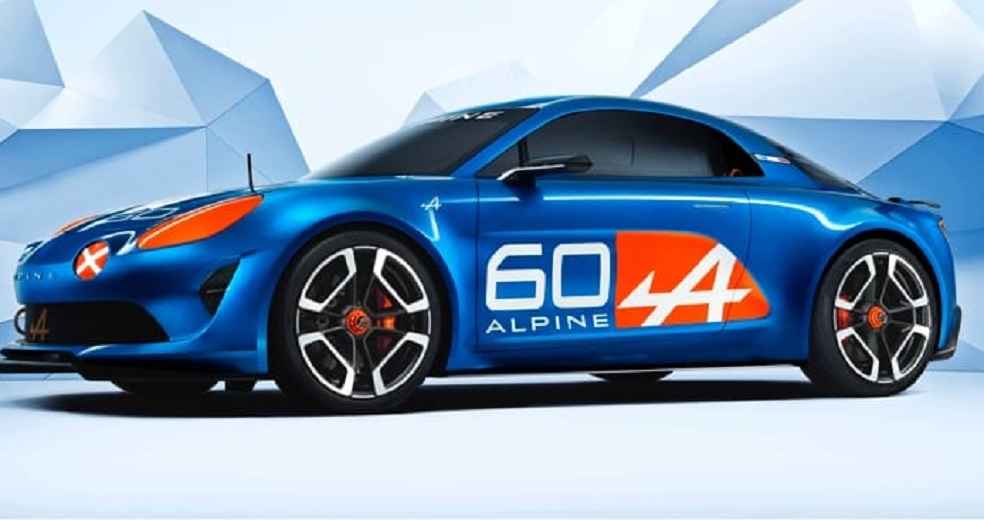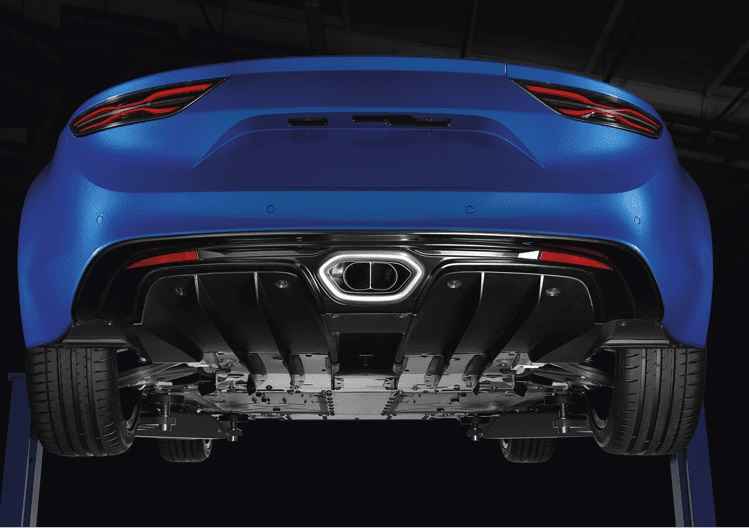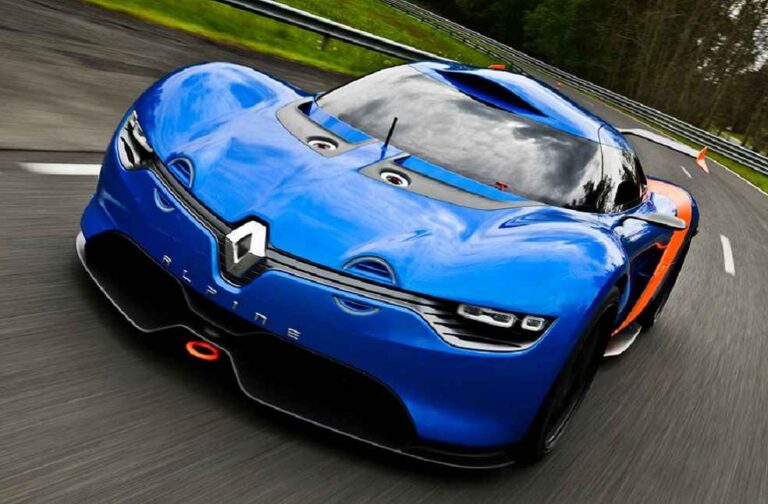While the automobile industry is abuzz with the carbon-neutral promise of synthetic e-fuels, Renault’s sports brand, Alpine, is steering the conversation towards a different direction: hydrogen.
Revealed in their strategic roadmap earlier this week, Alpine stands poised to champion an innovative use of hydrogen as a fuel source for internal combustion engines, with a particular focus on the high-speed world of motor racing.

This hydrogen-backed future aligns with the European Union’s mandate that all new cars sold from 2035 onwards be zero emission. Synthetic e-fuels recently won an exemption, thanks to significant lobbying from Germany and Italy. Interestingly, hydrogen combustion engines meet this zero-emission mandate too, as they theoretically emit only water vapor.
Alpine’s strategic direction contrasts with the broader approach of parent company Renault, which is leaning towards hybrid electric-fuel cell solutions for its commercial vans. Speaking at the brand’s Formula One technology center, Alpine’s CEO, Luca de Meo, emphasized the company’s commitment to innovative, pioneering pursuits. “At Alpine, we always leave the door to the future ajar. We are committed to giving our engineers an opportunity to make groundbreaking strides,” he stated.
The advantages of adopting hydrogen as an internal combustion fuel are manifold. Green hydrogen, produced using renewable energy like wind and solar power, is touted for its carbon-neutral footprint. While mass production remains a challenge, it’s noteworthy that the use of hydrogen preserves existing engine technology and decreases reliance on expensive raw materials such as lithium and cobalt, crucial for electric vehicle (EV) batteries. Additionally, for the world of racing, a faster refueling time compared to EVs is an invaluable edge.

Toyota, a well-known automaker, has been a pioneer in advocating for the use of hydrogen to power internal-combustion engines. Last year, they announced significant development initiatives in hydrogen combustion technology, parallel to their ongoing fuel cell and fully-electric powertrain projects. They even participated in Japan’s endurance touring car series with a hydrogen combustion-powered GR Corolla.
In contrast to the industry-wide e-fuel trend, Alpine’s push towards hydrogen-powered racing engines is indeed an intriguing divergence. With other engineering firms and companies, such as Punch Hydrocells, also exploring the potentials of hydrogen, the race for sustainable racing technology has become more diverse. Punch Hydrocells is in the process of developing a 6.6-liter GM Duramax engine running on hydrogen for marine, off-highway, and power generation applications.
While it remains to be seen if hydrogen technology will mature enough for regular road cars, the opportunity it presents in the realm of motorsport is undeniable. With Renault’s Alpine backing, the world of racing could soon witness a paradigm shift towards a more sustainable, hydrogen-powered future.
EV WORLD: EV Batteries: Risks and Safety Basics





